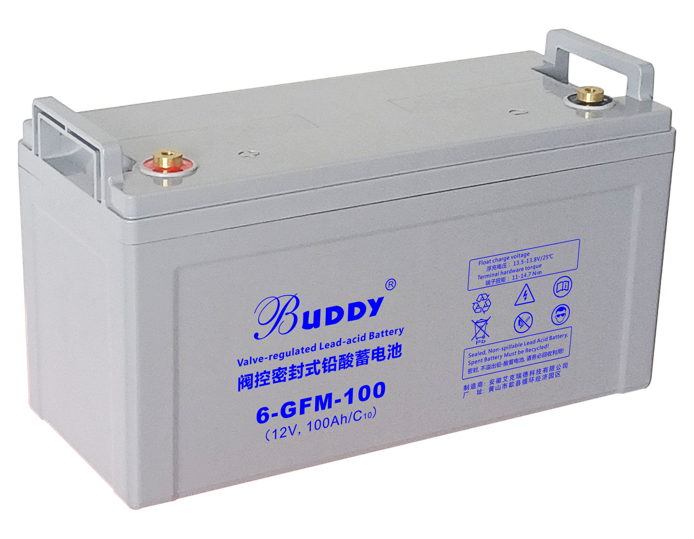telecom battery: to ensure reliable spare energy
in the modern society, communication is very important for the continuity and immediacy, telecom batteries play a vital role in this process. They provide continuous power to a variety of critical systems, ensuring that they remain connected in the event of a main power outage. Telecommunications batteries are essential for maintaining the normal operation of telecommunications infrastructure such as cell phone towers, data centers, and communication centers. These batteries not only guarantee uninterrupted communication services, but are also extremely important for keeping business operations and personal lives unaffected. If the communication service encounters any interruption, it will directly affect the reliability and efficiency of the service.

a wide range of telecom batteries, each battery has its unique properties and advantages. Among them, VRLA batteries (valve-controlled sealed lead-acid batteries) are highly respected for their maintenance-free and wide application in the telecommunications field. The fixed electrolyte of the VRLA battery reduces the need for water addition, while the gel or AGM (Advanced diaphragm) technology used can effectively act as a catalyst between the grid.
The design allows the battery to recombine hydrogen and oxygen under pressure and produce almost no gas, so it is safer to use in environments with limited ventilation conditions, such as indoor environments. The high energy density of VRLA batteries makes them ideal for environments where installation space is limited, such as in densely populated urban areas.
to choose the appropriate telecom battery is very important to meet the demand of the power of the telecommunications industry. Understand the function of the telecom batteries and how to meet the demand of certain telecom is crucial:
1. Uninterruptible power supply (UPS)
In UPS systems, telecommunication batteries play a vital role, providing instant power backup in the event of a loss of the main power supply, thus keeping communication unimpeded. This uninterrupted power supply allows the battery to be activated immediately in the event of a system failure or power outage, ensuring minimal disruption to service.
2. Load balancing and peak shaving
telecom batteries in load balancing and load also plays an important role. During periods of peak electricity demand, the battery can provide additional power support, reducing pressure on the main grid. At the same time, they help stabilize the overall power supply and prevent overloads, thus ensuring optimal performance of the telecommunications infrastructure.
3. Environmental adaptability
Telecommunications equipment is typically deployed in a variety of different environmental conditions, from hot deserts to cold alpine regions. Therefore, it is crucial to choose the type of battery that is suitable for the specific environment. Because VRLA batteries have a sealed construction, they are more suitable for installation in indoor environments with poor or no ventilation.
4. Temperature elasticity
Fluctuations in temperature can significantly affect battery performance. When selecting the type of battery suitable for telecommunications applications, the operating temperature range of the battery must be considered. VRLA batteries typically have a wide temperature operating range, which makes them suitable for many different deployment scenarios.
All in all, whether in busy cities or remote villages, telecom batteries will continue to provide the necessary support for communication networks across the globe to keep the world connected.